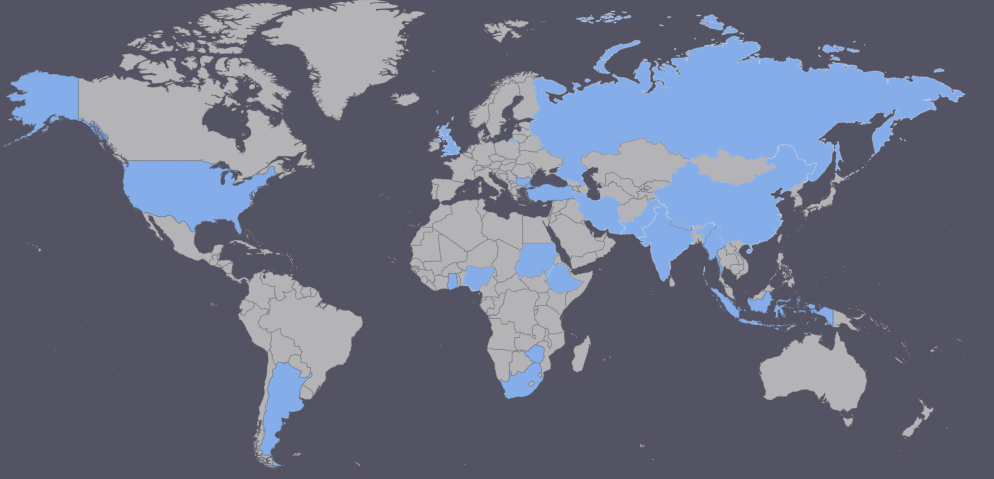Natural Disaster Potential and Risk Reduction Recommendations of Agri (Turkey) Province and Its Surroundings
Keywords:
Agri, Natural disaster, AFAD, Disaster management, Risk reductionAbstract
Agri Province and its immediate surroundings are areas at risk of natural disasters. It is frequently affected by these disasters and poses serious threats to the safety and quality of life of the people of the region. The most common natural disasters in the study area are floods, landslides, rockfalls, avalanches, and earthquakes. Disasters such as landslides, rock falls and avalanches occur frequently due to the geological and topographic characteristics of Agri Province and its immediate surroundings, which consist of depression plains surrounded by high mountains and high slope-elevation values. Disaster events that have occurred or are likely to occur to date have been compiled from the AFAD Provincial Directorate archive (IRAP-AGRI, 2021), and it has been observed that flood and avalanche disasters occur at a higher rate than the countrywide. Flood disaster is the most common natural disaster throughout the province, and due to global climate changes, it is frequently seen especially in settlements near streams. Landslide disaster is especially seen in Eleşkirt-Center, Diyadin, Doğubayazıt, Hamur, and Tutak Districts, where topographic slope values are high. Rock falls are seen in Eleşkirt-Center, Doğubayazıt, Diyadin, and Hamur Districts. Due to the continental climate prevailing in the region and heavy snowfall throughout the province, avalanche disasters are seen especially in settlements surrounded by high mountains such as Köse Mountain and Süphan. These types of disasters occur together, and it is thought that the trigger mechanism for multiple disasters to occur together is mostly caused by earthquakes. To prevent natural events from turning into disasters, engineering applications in residential areas should be carried out by considering the geological and geotechnical characteristics of the region. In addition to these measures, Provincial Disaster Preparedness Plans, Community Information and Awareness Programs, Infrastructure Strengthening and Restructuring, Post-Disaster Rapid Recovery Strategies, and Provincial Disaster Risk Reduction Plans should be prepared.
References
Bayraktutan, M.S., 1999. Active tectonics and evolution of thrust bounded Pasinler Basin on the Erzurum Fault Zone, Eastern Anatolia. Vol. XIII-N.1-2-51-70 1999.
Eyidoğan, H., Güçlü, U., Utku, Z., Değirmenci, E., 1991. Turkey Major Earthquakes Macro-Seismic Guide (1900-1988), Istanbul Technical University, Faculty of Mining, Geophysical Engineering Department, Istanbul.
IRAP-Agri, 2023. Provincial disaster risk reduction plan. AgriGovernorship Provincial Disaster Emergency Directorate. AFAD.
Koçyiğit, A., Yılmaz, A., Adamia, S., Kuloshvili, S., 2001. Neotectonics of East Anatolian Plateau (Turkey) and Lesser Caucasus: implication for the transition from thrusting to strike-slip faulting. Geodinamica Acta 14, 177-195.
Philip, H., Cisternas, A., Gvishiani, A., Gorshkov A., 1989. The Caucasus is an actual example of the initial stage of continental collision. Tectonophysics 161, 1-21.
Tapan, T., Özvan, A., Şengül, A., 2005. July 2004 Doğubayazıt Earthquake Location-Structure Relationship and Losses. Earthquake Symposium Kocaeli 23-25 March 2005.
Toprak, A., Sunkar, M., 2019. The Analyse of Spatial Distribution of Natural Disasters at Agri and Doğubayazit Basins. The Fifth International Mount Ararat and Noah’s Ark Symposium. 16th-18th October 20l9-Agri, Turkey.
Downloads
Published
Issue
Section
License
The authors keep the copyrights of the published materials with them, but the authors are aggee to give an exclusive license to the publisher that transfers all publishing and commercial exploitation rights to the publisher. The puslisher then shares the content published in this journal under CC BY-NC-ND license.



